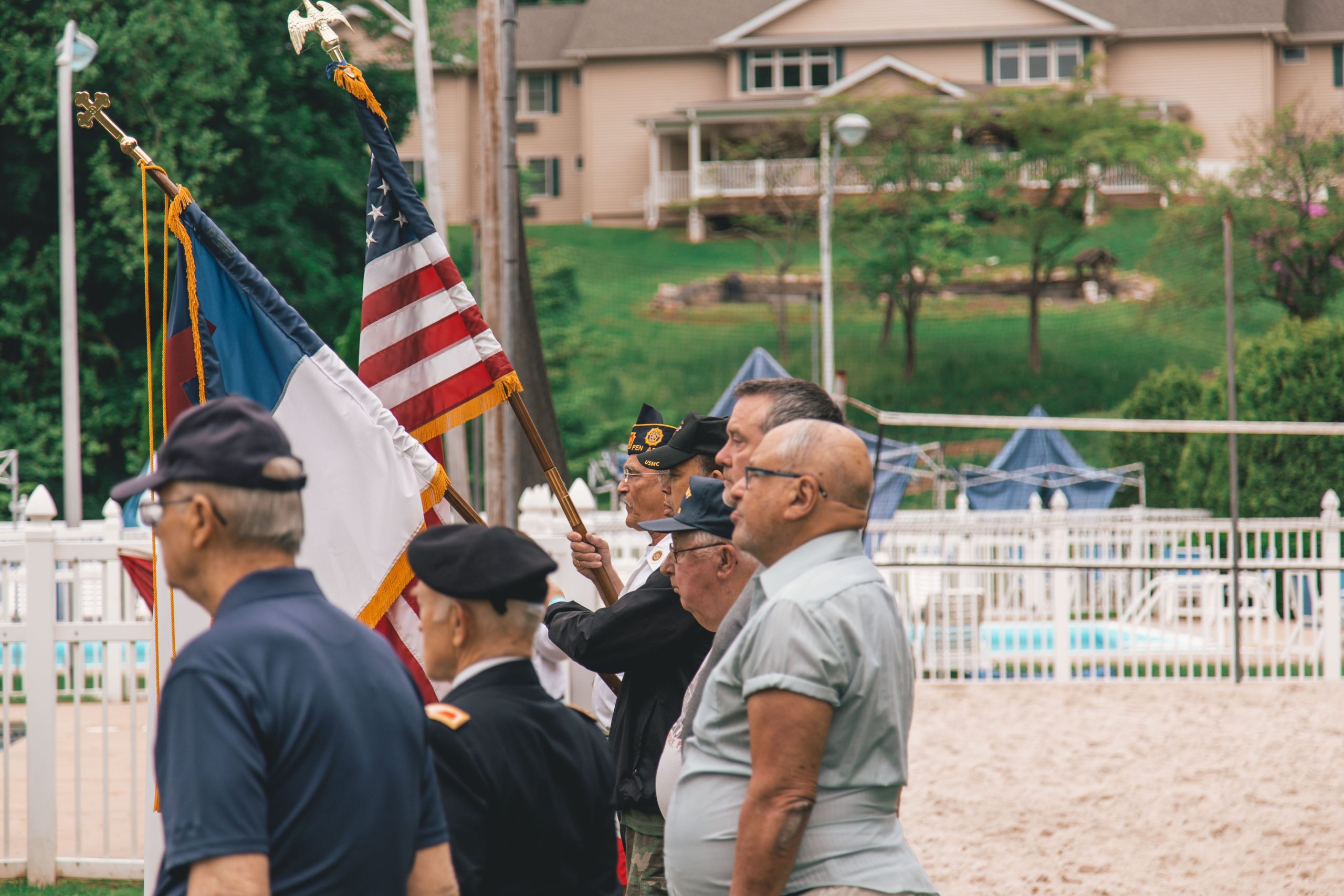The United States Department of Veterans Affairs (VA) serves as a federal agency dedicated to providing extensive support and services to American veterans.
Established as a tribute to the bravery and commitment of individuals who served in the United States Armed Forces, the VA delivers a diverse range of benefits encompassing healthcare, disability compensation, education and training, mortgage loans, and insurance.
Its overarching mission is to guarantee that veterans, post their service to the nation, have access to essential care, assistance, and resources.
As a result, the department possesses the capability to extend aid and benefits valued in the tens of thousands of dollars.
Initial appeal denials are common, involving a substantial sum that the department allocates with utmost discretion.
Despite this, applicants can challenge the decision, and if authorities find their case compelling, they may reverse the denial.
To initiate an appeal, submit a Notice of Disagreement (NOD), Higher-Level Review (HLR), or Supplemental Claim by the specified deadline.
Choose the appropriate option, as each has distinct consequences.
Understanding Ineligibility Criteria for VA Disability Benefits

The term “character of discharge” pertains to the essential eligibility criteria contingent upon the type of discharge received by a member of the American military or National Guard.
The VA may extend benefits under certain circumstances, provided the military discharge aligns with additional eligibility prerequisites.
Rejections may occur in instances of a general court-martial sentence, conscientious objector status, desertion, resignation for service improvement, AWOL for 180 days or more without compelling circumstances, or seeking release as a foreigner or alien during hostilities.
Legislation prohibits the Department of Veteran Affairs from aiding individuals failing to meet the requirements within these specific domains.
Dishonorable discharges also encompass scenarios where an individual accepts an undesirable discharge to evade a general court-martial trial for offenses such as mutiny, espionage, moral turpitude (typically a felony), willful and persistent misconduct, or engaging in homosexual acts creating aggravating circumstances or rendering the job untenable.


Comments are closed.